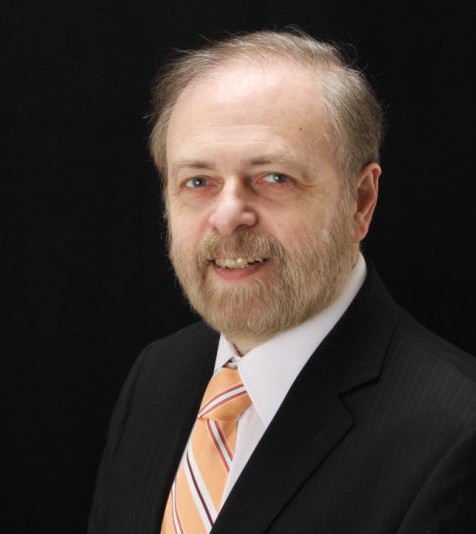A Selection from my Favorite Jewish Sources
Rabbi Mordechai Levin
Hebrew Bible, Leviticus 23:26-32
The Lord spoke to Moses, saying: Mark, the tenth day of this seventh month is Yom Kippur. It shall be a sacred occasion for you: you shall practice self-denial, and you shall bring an offering by fire to the Eternal; you shall do no work throughout that day. For it is a Day of Atonement, on which expiation is made on your behalf before the Eternal your God. Indeed, any person who does not practice self-denial throughout that day shall be cut off from his kin; and whoever does any work throughout that day, I will cause that person to perish from among his people. Do no work whatever; it is a law for all time, throughout the generations in all your settlements. It shall be a Shabbat of complete rest for you, and you shall practice self-denial; on the ninth day of the month at evening, from evening to evening, you shall observe this your Shabbat.
Mishnah, Yoma 8:1
Yom Kippur, eating, drinking, washing, anointing, putting on sandals, and marital intercourse are forbidden.
Mishnah, Yoma 8:5
They do not cause children to fast on Yom Kippur, but they should train them therein one year or two years before they are of age, that they may become versed in the commandments.
Mishnah, Yoma 8:5
If a pregnant woman smelled [food and craved it], they may give her food until she recovers herself. One that is sick may be given food at the word of skilled persons; and if no skilled persons are there, one may be given food at his own wish, until one says, “Enough!”
Talmud, Yoma 83a
A sick person is fed at the word of experts.
Rabbi Jannai said: If the patient says, ‘I need [food],’ while the physician says: ‘He does not need it,’ we hearken to the patient. What is the reason? “The heart knows its own bitterness” (Proverbs 14:10). But is that not self-evident? You might have said: the physician’s knowledge is more established; therefore, we are told [that we prefer the patient’s opinion].
If the physician says: ‘He needs it,’ while the patient says that he does not need it, we listen to the physician. Why? Stupor seized him [so that he does not feel the lack of food].
Mishnah, Yoma 8:9
If a person said, “I will sin and repent, and sin again and repent,” he will be given no chance to repent.
If one said, “I will sin and Yom Kippur will effect atonement,” then Yom Kippur effects no atonement. For transgressions that are between a person and God Yom Kippur effects atonement, but for transgressions that are between persons the Day of Atonement effects atonement only if one has appeased his fellow.
This did Rabbi Eleazar ben Azariah expound: “From all your sins shall you be clean before the Lord (Leviticus 16:30) – for transgressions that are between a person and God the Day of Atonement effects atonement; but for transgressions that are between persons the Day of Atonement effects atonement only if one has appeased his fellow.”
Rabbi Akibah said: “Blessed are you, O Israel. Before whom are you made clean and who makes you clean? Your parent in heaven; as it is written, and I will sprinkle clean water upon you and you shall be clean (Ezekiel 36:25).”
 is the rabbi of Congregation Beth Israel in Munster, IN. He received his rabbinic ordination from the Latin American Rabbinical Seminary, and is a member of the Rabbinical Assembly. In 2010, he was awarded an Honorary Doctorate of Divinity from the Jewish Theological Seminary in New York City for his years of dedicated service to the Conservative movement and the Jewish community...
is the rabbi of Congregation Beth Israel in Munster, IN. He received his rabbinic ordination from the Latin American Rabbinical Seminary, and is a member of the Rabbinical Assembly. In 2010, he was awarded an Honorary Doctorate of Divinity from the Jewish Theological Seminary in New York City for his years of dedicated service to the Conservative movement and the Jewish community...